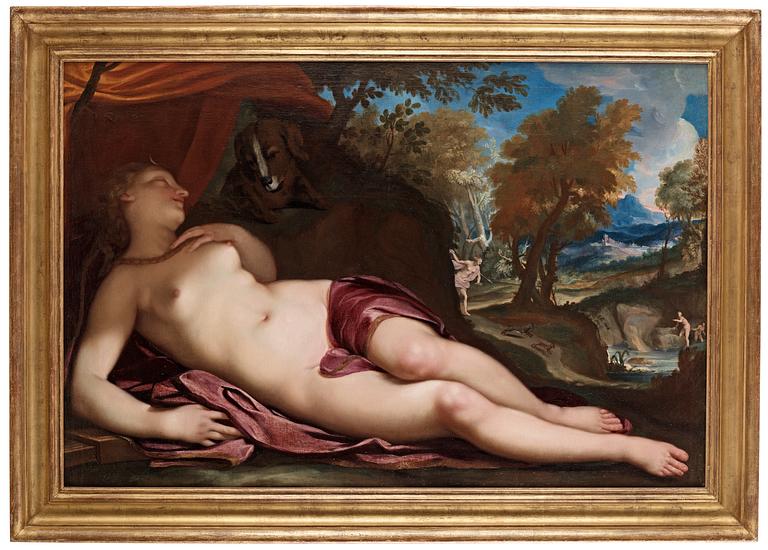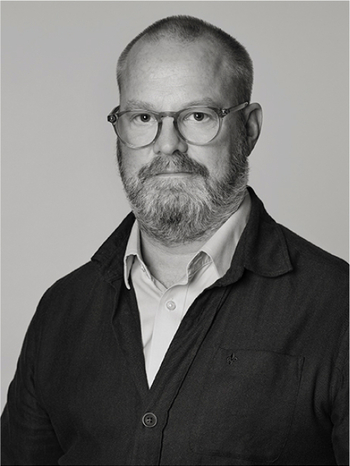Antonio Bellucci
Arcaian landscape with Diana
Relined canvas 89 x 132 cm.
More information
Antonio Bellucci was an Italian painter of the Rococo period, who was best known for his work outside Italy, in England, Germany, Austria and England. He was one of the many Venetian-trained artists of his time, including Ricci, Tiepolo, Amigoni, and others, who sought commissions in the north, providing patrons with popular Italianate grand-manner frescoes for private palaces.
He was born and died in Pieve di Soligo. Initially he had trained with Domenico Difnico in Sebenico (Sibenik) in the Venetian colony of Dalmatia, which is now part of Croatia. By 1675, he was in Venice, where he painted the St Lorenzo Giustiniani Praying for the City’s Deliverance from the Plague of 1447 (c. 1691) for the church of San Pietro di Castello., and a Nativity for the church of the Ascension. In addition, he often supplied figures for landscapes painted by other artists, including several by Antonio Tempesta.
In 1692, Bellucci completed four altarpieces depicting various saints for the church of Klosterneuburg. From 1695 to 1700 and again from 1702 to about 1704 he lived in Vienna, where he painted the Triumph of Hercules and other allegorical ceilings at the Palais Liechtenstein for Charles VI.
From 1705 to 1716 worked in Düsseldorf for Johann Wilhelm, Elector of the Palatinate, a member of the Wittelsbach family. He continued to work almost exclusively in Dusseldorf until his patron’s death in 1716. For Schloss Bensberg, he painted the grand Marriage of John William with Anna Maria Luisa de’ Medici and Elector Palatine John William Handing the Baton of Command to his Son.
Between 1716 and 1722 Bellucci travelled to England, where he fulfilled several commissions for James Brydges, 1st Duke of Chandos, including two ceilings at his Middlesex country estate at Canons and some altarpieces at the neighboring St Lawrence Whitchurch. The present painting belongs to Bellucci’s English period
Works by Bellucci are found in the Ashmolean museum, in the court of the Elector Palatine, and in London at Buckingham House and elsewhere. He returned to his native country late in life, and died at Soligo.
Among his pupils were Antonio Balestra and perhaps Jacopo Amigoni.
Dr. Fabrizio Magani confirms the attribution to Antonio Bellucci and dates the picture to his English period.




























